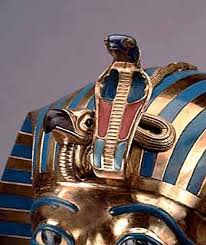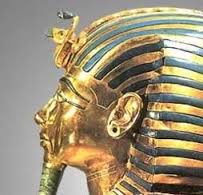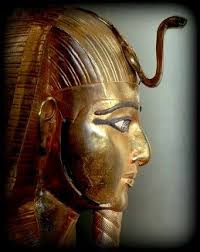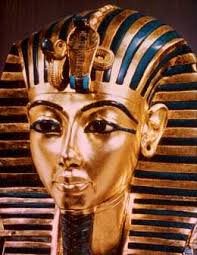According to the Rambam, there are some parables in which “each word has a meaning.” There are likewise some commandments concerning which “the particulars of, and conditions for, them have become clear.” As a matter of fact, Maimonides suggests that more particulars could be understood if we have more historical information; specifically, particulars concerning sacrifices and uncleanness. Furthermore, he completes the parallel by applying the same thesis to stories: “Just as, according to what I have told you, the doctrines of the Sabians are remote from us today, the chronicles of those times are likewise hidden from us today. Hence if we knew them and were cognizant of the events that happened in those days, we would know in detail the reasons of many things mentioned in the Torah”
Maimonides: Guide for the Perplexed, III, 26, II, 49
as found in Isidore Twersky:Introduction to the Code of Maimonides, p. 389.
Click here for The Ureaus in Wikipedia:
click here for: Historical Origins and Continued Sanctity
Click here for Laws of Tefillin in the Mishneh Torah
Click here for The Reasons for the Mitzvot Part 1






